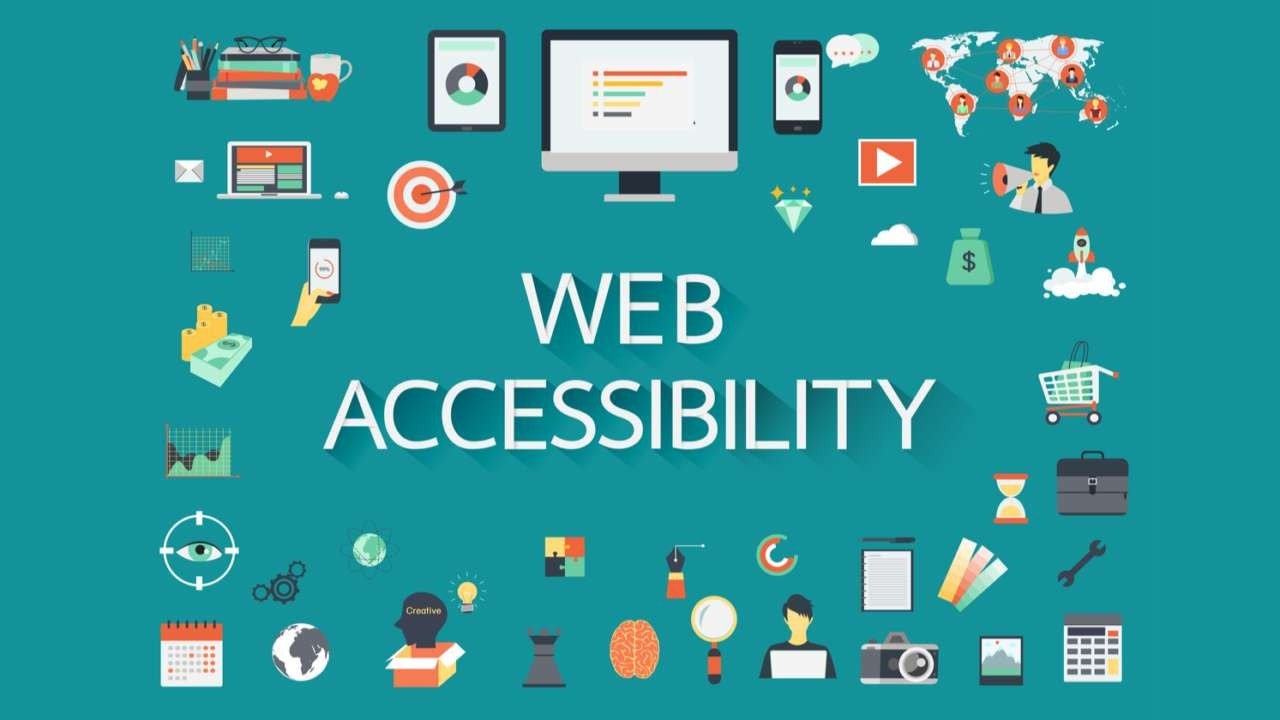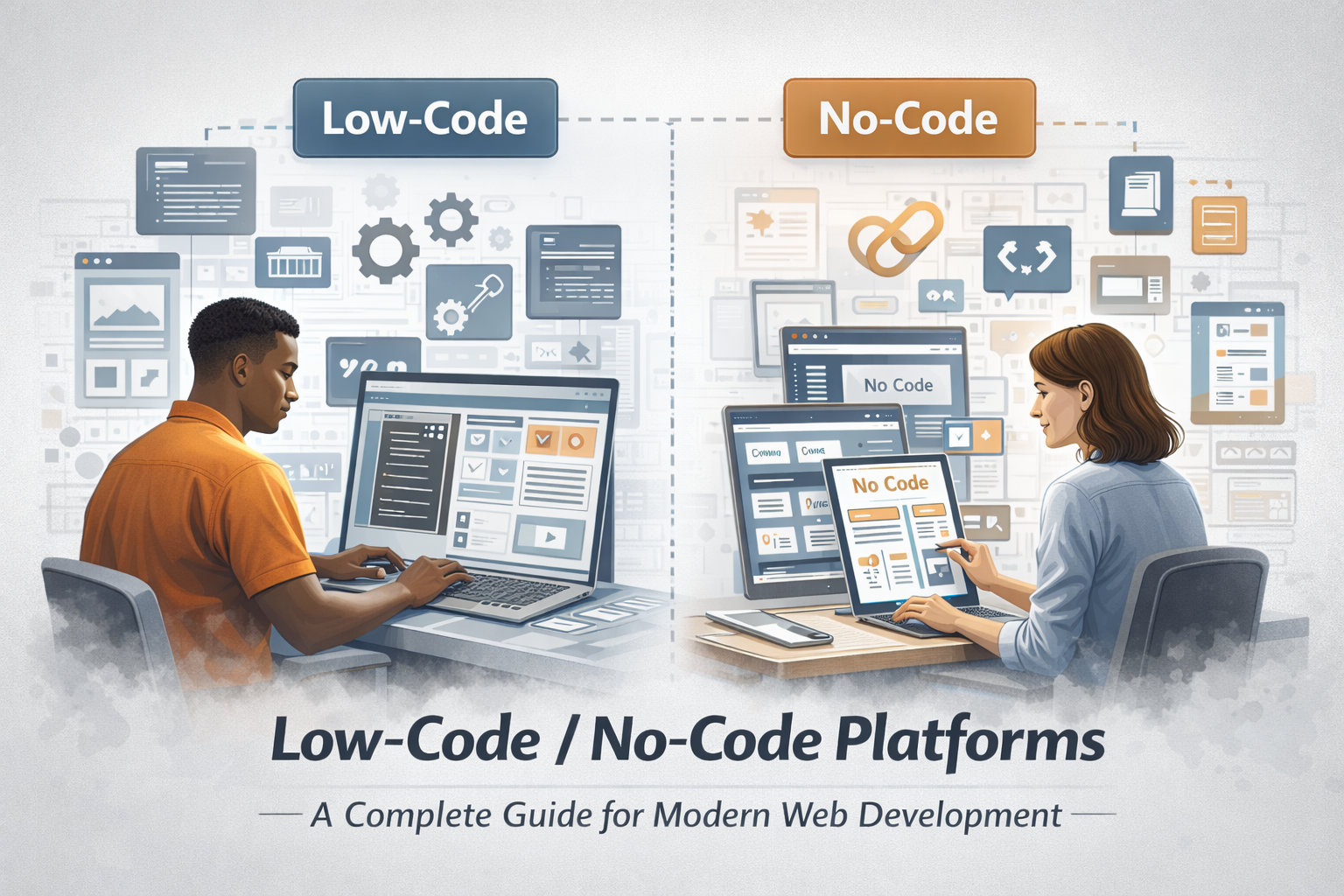The Battle for Brand Control
When marketing remains in-house, brands maintain full control over their story. The in-house team is immersed in the culture daily, frequently creating stories that are authentic and true. This understanding enables rapid decision-making as well as an unwavering brand voice. But, too much closeness can result in stale thinking and the same old ideas.
Engaging with an outside company flips the perception. A firm enters looking with fresh eyes and an objective analysis. The distinction is an important advantage: they can identify gaps and challenges to outdated methods, and unleash creativity unhindered by the whims of company political machinations. This is at the core of the argument about agency versus in-house marketing: control against the ability to be creative.
Cost Structures and Hidden Investments
A full-time salary for a marketer is only the start. The underside of the curtain, companies are able to manage the ongoing costs of education, subscriptions to software and other overhead expenses. These hidden expenses make in-house marketing vs. agency more complex than what it appears.
For agencies, the pricing is usually based on projects or retainers. Although it may seem more expensive upfront but you’re not paying for idle hours. You’re paying for production, access to premium tools and skilled teams that are ready to go.
Talent Depth Generalists and Specialists
The most common trade-off between the agency versus in-house marketing is the team composition. In-house personnel often work across channels, and are often wearing many roles. While this flexibility is beneficial but it may reduce the level of understanding required for the technical aspects such as SEO, analytics or CRO.
The agencies are constructed differently. They are teams of experts who are passionate about their specialties. When you require a conversion copywriter, UX strategist or expert in paid media, these agencies have the skills required, on-demand and highly skilled.
Speed, Agility, and Execution Power
On paper, teams in-house appear to be more efficient, and decisions can be taken by drinking coffee. But real-world scenarios tell a different story. Internal marketing teams are often stretched to the limit and sucked into meetings or being pulled into tasks that are not related.
Agencies thrive by delivering on time. Their systems are built for speedy delivery even if the initial ramp-up time is slow. For companies weighing marketing agencies versus in-house the power of execution should be the main consideration.
The Innovation Quotient
Routine is the enemy of creativity. If your team is focused on the same brand, every day it’s easy to get into a pattern of staleness. The in-house team may value effectiveness over the boldness.
Agencies, meanwhile, operate in diverse ecosystems. They collect insights from different sectors and keep up-to-date in the most recent developments, technologies and channels. This gives them an edge in innovation, which is a major argument for an agency for digital marketing vs. internal arrangement.
Objectivity in Strategy
Bias is an unspoken saboteur in the field of marketing. Internal teams, who are naturally loyal, may not be able to confront internal assumptions or outdated instructions. This is where agencies shine.
External partners provide the objective view. They review campaigns, customer journeys and communications without biases from within. honest recommendations and feedback. This helps to make better decisions particularly when it comes to in-house versus agency-based marketing decision-making.
Scaling up and down with ease
Growth doesn’t happen in a linear fashion. In one month, you’re growing an upcoming product launch while the next month you’re cutting budgets. Internal teams aren’t built to have this flexibility. Growing means hiring. It’s expensive to downsize and both slow.
Agencies can solve those. They are able to adapt to your company cycle and provide an experienced team that can grow quickly without commitments to long-term plans. Scalability is a major benefit in the digital marketing agencies comparison with in-house marketing.
Data, Tools, and Tech Access
Martech is the heartbeat of performance. CRMs and A/B testing tools, analytics platforms — all require a lot of investment and knowledge. In-house teams are often constrained by budgets or lack the skills to use these tools efficiently.
Agencies come pre-equipped. They provide not only equipment, but also the experience to analyze data and improve performance. This is an advantage that’s significant particularly when you compare the email marketing services you use against in-house alternatives.
Cultural Fit and Brand Voice Alignment
Nobody knows your culture as well as your people. Internal marketers can speak in the same language as your company easily. Agencies, however, have to learn to climb the learning curve.
However, with a thorough onboarding process, agencies can work well. The most successful ones get immersed into your brand’s audience, background, and tone until they seem like part of the staff. Cohesion between the culture and the team plays a crucial part in the marketing of in-house agency collaborations.
Long-term Vision and Short-Term Goals
Internal teams of employees are committed to the long-term. Their primary focus is the sustainability of brands, building loyalty as well as internal align. The agencies are wired for success and generally strive for top-performing short- to medium-term campaigns.
The contrast between in-house contrasts with. agency marketing — isn’t an issue, but rather an issue of mentality. The optimal setup will depend on your needs right now and the future goals.
The Hybrid Approach: Best of Both Worlds
A growing number of companies are adopting the hybrid model. A small in-house team can set the direction of the brand, while agencies help with strategic execution as well as scale. This strategy blends intimacy with creativity and provides all the benefits of each.
It prevents burnout, maintains the strategy in house, and let the agency do the technical or creative lifting. The hybrid approach also allows flexibility in marketing in-house vs agency-related dynamic.
Final Verdict: Tailoring Strategy to Business DNA
There’s no clear winner in the internal marketing or. the agency argument. Both have strengths that shine through in various situations. The best choice is based on your company’s structure and agility needs budget, as well as your long-term goals.
Some companies thrive when they have deeply embedded teams within their own. Others see greater growth and better insights with agency collaborations. In the present, companies find their ideal balance by the combination of both.
In the final analysis, whether you’re in-house or. agency marketing is less about choosing sides, and more about optimizing your marketing to achieve results. If you’re in-house marketing or with an agency marketing, the aim is to reach the right audience at the right moment, with the correct message.



